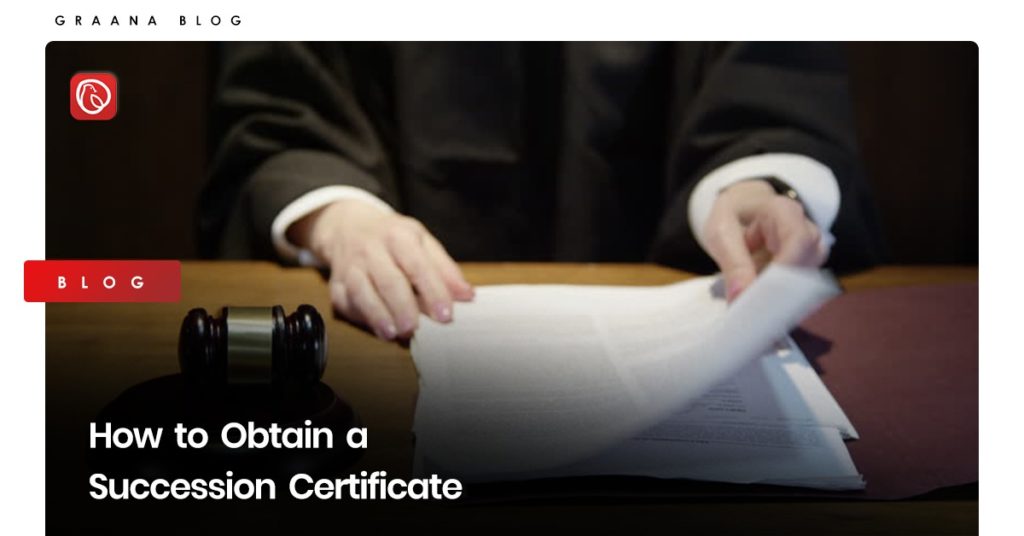A recent report by the World Bank made headlines as it noted that real estate holds a major portion of asset allocation in Pakistan. Therefore, it is important to conceptualise the transfer of property under the laws of Pakistan.
Graana.com, Pakistan’s smartest property portal, takes a look at the laws that regulate the transfer of property in Pakistan and the types of property transfer that these laws address.
| Laws Governing the Transfer of Property in Pakistan |
| What Cannot Be Transferred Under the Transfer of Property Act? |
| Who Can Transfer a Property? |
| Types of Transfer |
Laws Governing the Transfer of Property in Pakistan

The following laws govern the transfer of property in Pakistan:
- Transfer of Property Act, 1882: The act was enacted in July 1882. It outlines laws that govern the regulation and transfer of an interest in a property (sale, lease, mortgage, etc).
- Land Revenue Act, 1967: This is a provincial law and has been adopted by all provinces with minor changes. The law contains provisions for the record of rights and property transfer through mutation.
- Registration Act, 1908: This provincial law applies to any documents for which the registration is compulsory, such as the sale deed and lease of immovable property.
- In case the property is located in a private housing society, cooperatives, cantonment boards, and/or mutual societies, the transfer is governed by the local and special laws of these societies.
What Cannot Be Transferred Under the Transfer of Property Act?
The law states that “property of any kind” can be transferred from one owner to the other. However, the law does bar certain transfers. These are given below:
- The law prohibits the transfer of the chance of an heir-apparent or a mere possibility of succeeding in a person’s property after his/her death.
- The right of re-entry for the breach of a condition subsequent cannot be transferred to anyone besides the owner of the said property.
- An easement cannot be transferred apart from the easementary rights accrued as a result of the transfer of the dominant heritage.
- Interest in a property restricted in its enjoyment to the owner of the property cannot be transferred to anyone else. The right of pre-emption is an example of non-transferable interest.
- The right to future maintenance cannot be transferred.
- The right to sue cannot be transferred.
- A public office and/or the salary of the said office cannot be transferred.
- Stipends allowed to military and paramilitary forces cannot be transferred.
Who Can Transfer a Property?

The Transfer of Property Act, 1882 notes that a person “competent to contract” and entitled to the transferable property is liable for the partial or whole transfer of the said property. In addition, the law states that the said person can undertake an absolute or conditional transfer as dictated by the laws in force at the time of transfer.
Types of Transfer
Types of transfer as dictated by the Transfer of Property Act are given below:
Oral Transfer
The law provides for the oral transfer of property and notes that “a transfer of property may be made without writing” in cases where writing is not expressly required by law.
Mutation of Rights
Mutation of rights is the transfer of title of ownership in the revenue records from one person to another. This is done in accordance with the Land Revenue Act, 1967. The law is adopted by all the provinces of Pakistan with minor amendments. The person shown on the revenue records is liable for payment of land revenue or property tax and is considered the owner of the land. The Board of Revenue maintains the record of rights in agricultural land. The entries in the records-of-rights can be challenged in courts of competent jurisdiction since there is no guarantee of title envisaged in the law.
Registration of Sales or Transfer Deed With Registration Authorities

In urban areas, there is no agency to keep a proper record of rights of property. A number of entities have evolved over time to administer the urban land. Each of these entities has created its own practices and procedures to record ownership. The Registration Act, 1908 is the law that regulates the registration of documents such as sale deeds and lease agreements. The registration authorities are situated at the office of the Assistant Commissioner, Tehsildar, and the Mukhtiarkar. Interestingly, this law administers the registration of documents and not the registration of titles. This means that the Registrar registering a document records a transaction but does not guarantee its validity. For this reason, we advise our investors to conduct due diligence before entering into a real estate transaction.
Transfer where registration is not required
Under the Registration Act 1908, Gift Deeds are not required to be registered. The same is the case for Will Deed, which is not required to be registered. Thus, it is possible to create perfectly valid titles without the transaction being recorded anywhere.
Transfer by Ostensible Owner
The ostensible owner is the transferor authorized through express or implied consent of the real owner(s) to transfer their property to another person in lieu of some consideration. The law requires the buyer to conduct due diligence and ascertain that the transferor has the right to transfer. Thus, such a transfer is not voidable on the ground that the person making the transfer did not have the authority to do so.
Transfer by Co-Owner
In cases where multiple owners or co-owners jointly own the immovable property, each owner may have equal and unequal shares. However, they have the right to common enjoyment of property until any transfer is processed.
If the co-owner transfers his/her shares, the transferee is substituted in his/her place to the extent of shares transferred to them. This principle of transfer is not applicable to dwelling houses.
This is a brief account of the types of property transfers. To read more on related topics such as procedure for transfer of property, visit the Graana blog.




